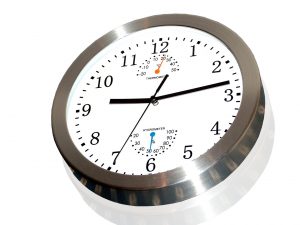California is widely recognized as having some of the strongest worker protections in the country. Recently, a California appellate court ruled that these wage and hour laws can be applied in some cases even for non-state residents working for a non-California employer – so long as the work was primarily done in California and work operations were based here. 
The case, Gulf Offshore Logistics LLC v. Superior Court, was decided in December by California’s Second Appellate District, Division Six. Plaintiffs were members of a crew of offshore oil platforms for defendants on a boat that was docked exclusively in California for over six years. Administrative functions at the company took place at their headquarters in Louisiana, which was also where the vessel was registered. During the course of their assignments, plaintiffs were compelled to travel between state, federal and international waters.
The lawsuit alleged violation of California’s wage and hour laws – specifically those pertaining to minimum wage compensation, overtime compensation, meal and rest breaks, accurate record-keeping and providing workers with wage statements. Defendants sought a summary judgment not on the merits, but rather on grounds that the proper venue for the case was Louisiana, not California. (Louisiana’s laws would also be much less favorable to employees.) Continue Reading ›
 Orange County Employment Lawyers Blog
Orange County Employment Lawyers Blog



